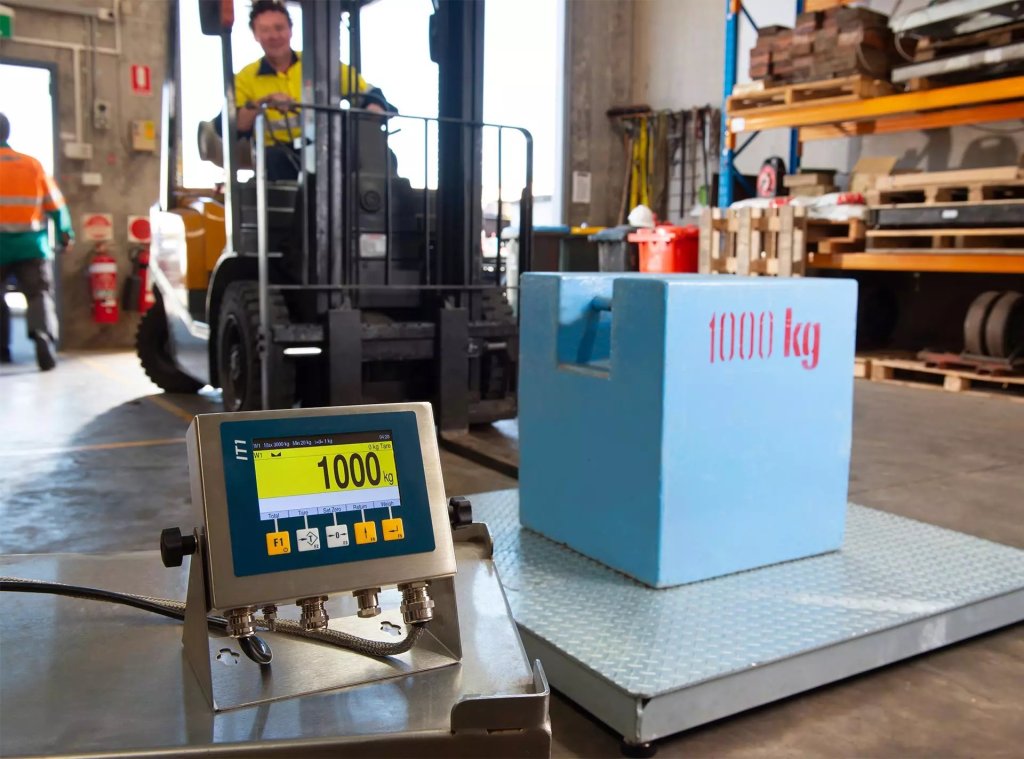
Heating systems play a crucial role in maintaining a comfortable and productive environment in commercial properties. Selecting the right system is essential for energy efficiency, cost savings, and environmental impact. This article explores the best heating systems for commercial properties and offers insights into their benefits and suitability for different applications.
Gas and Oil Boilers
Gas and oil boilers are time-tested and reliable options for commercial heating. These systems use natural gas or oil to heat water, which is then circulated through radiators or underfloor heating systems. Gas boilers are typically more efficient and environmentally friendly than oil boilers, but both types offer significant heating power for large spaces.
Advantages
Reliability: Gas and oil boilers are known for their dependability, providing consistent heat even in extreme weather conditions.
Cost-Effectiveness: While new boiler cost in the UK can be high, these systems often have lower running costs compared to electric heating.
High Heat Output: Ideal for large commercial spaces that require significant heating capacity.
Disadvantages
Maintenance: Regular servicing is needed to maintain efficiency and safety.
Emissions: Gas and oil boilers produce greenhouse gases, making them less environmentally friendly compared to some alternatives.
Heat Pumps
Heat pumps are becoming increasingly popular in commercial settings due to their high efficiency and versatility. They work by extracting heat from the air, ground, or water and transferring it indoors. There are several types of heat pumps, including air-source, ground-source (geothermal), and water-source heat pumps.
Advantages
Energy Efficiency: Heat pumps can achieve efficiencies of up to 400%, meaning they produce four units of heat for every unit of electricity consumed.
Environmental Impact: By utilising renewable energy sources, heat pumps significantly reduce carbon emissions.
Dual Functionality: Many heat pumps can provide both heating and cooling, making them a versatile solution.
Disadvantages
Installation Cost: The initial installation of heat pumps, particularly ground-source systems, can be expensive.
Climate Dependency: The efficiency of air-source heat pumps can decrease in extremely cold weather, making them less suitable for harsh climates.
Geothermal Heating Systems
Geothermal heating systems harness the stable temperatures underground to provide heating and cooling. These systems use a network of pipes buried in the ground to circulate a refrigerant, which absorbs heat and transfers it to the building.
Advantages
Sustainability: Geothermal systems use renewable energy, making them one of the most environmentally friendly heating options.
Low Operating Costs: After the initial installation, geothermal systems have low running costs due to their high efficiency.
Longevity: These systems are durable, with a lifespan of 25-50 years for the indoor components and over 50 years for the ground loop.
Disadvantages
Initial Investment: The upfront cost for installation can be high, but long-term savings often justify the expense.
Space Requirements: Installing a geothermal system requires significant outdoor space for the ground loop.
Electric Heating Systems
Electric heating systems, including radiant and convection heaters, offer simplicity and ease of installation. Radiant heaters warm objects and surfaces directly, while convection heaters warm the air and circulate it throughout the room.
Advantages
Ease of Installation: Electric heating systems are relatively easy and quick to install.
Clean Energy: When powered by renewable energy sources, electric heating can be a sustainable option.
Low Maintenance: These systems require minimal maintenance compared to fuel-based systems.
Disadvantages
Operating Costs: Electric heating can be more expensive to operate than gas or oil systems, particularly in regions with high electricity costs.
Heat Distribution: Electric systems may not provide the same level of heat distribution as central heating systems.
Solar Heating Systems
Solar heating systems use solar panels to capture energy from the sun, converting it into heat for commercial properties. These systems can be used to supplement other heating systems, reducing overall energy consumption and costs.
Advantages
Renewable Energy: Solar heating is environmentally friendly, reducing reliance on fossil fuels and lowering carbon emissions.
Cost Savings: Solar energy can significantly reduce heating bills, especially in sunny climates.
Scalability: Solar systems can be scaled to meet the specific heating needs of a building.
Disadvantages
Weather Dependency: The efficiency of solar heating systems is dependent on sunlight availability, which can be inconsistent.
Initial Costs: The cost of installing solar panels can be high, though incentives and rebates may offset some of the expense.
Maximising Energy Efficiency
Maximising energy efficiency in commercial heating systems is crucial for reducing operational costs and environmental impact. Key strategies include:
Regular Maintenance: Ensuring systems are serviced regularly to maintain optimal performance.
Energy Management Systems: Implementing smart controls and monitoring systems to optimise heating schedules and reduce wastage.
Insulation: Improving insulation in the building to reduce heat loss and increase system efficiency.
Conclusion
Selecting the best heating system for a commercial property depends on various factors, including the building’s size, location, and specific heating needs. Gas and oil boilers, heat pumps, geothermal systems, electric heaters, and solar heating each offer unique benefits and considerations. By understanding the strengths and limitations of each system, businesses can make informed decisions that enhance comfort, efficiency, and sustainability.








